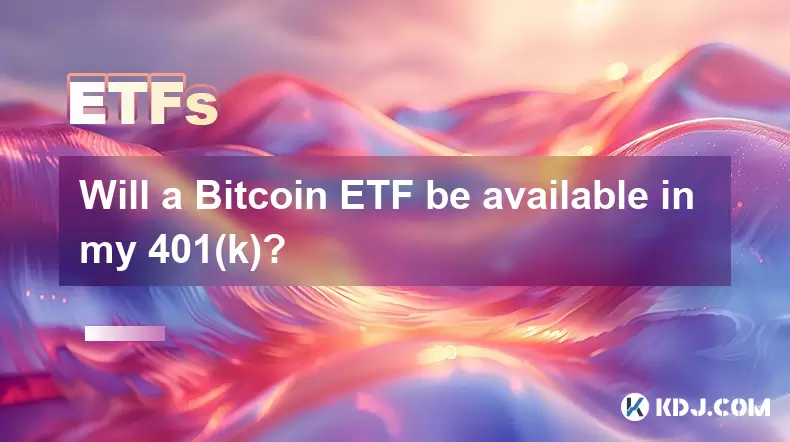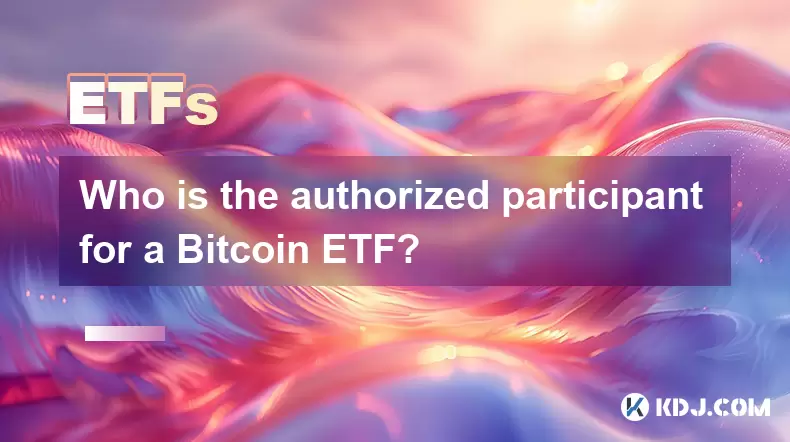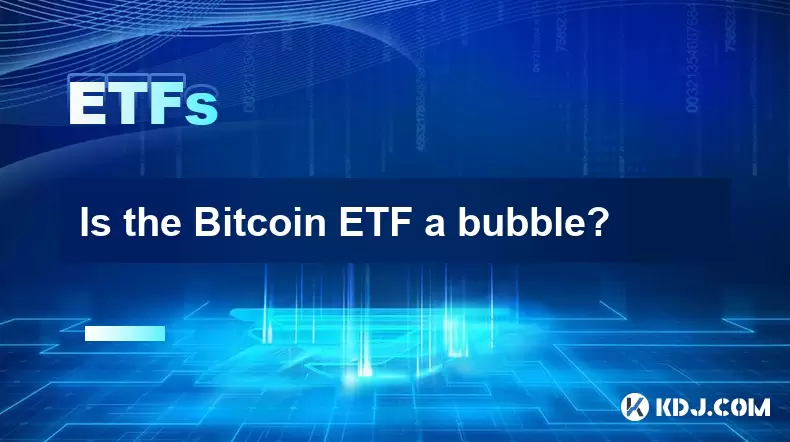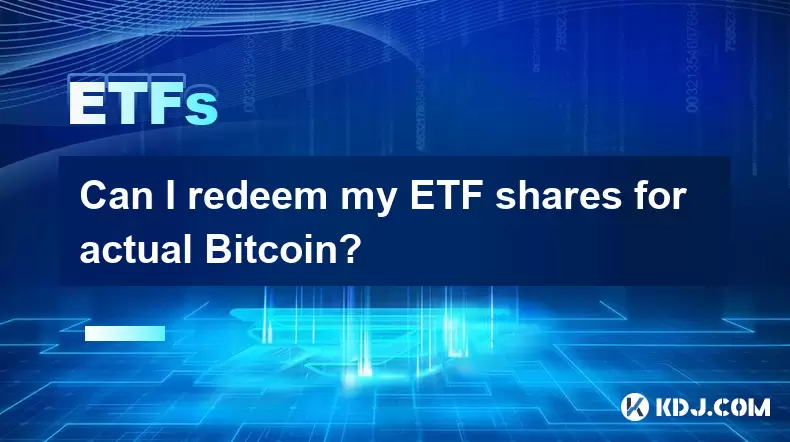-
 Bitcoin
Bitcoin $113900
-1.39% -
 Ethereum
Ethereum $3517
-4.15% -
 XRP
XRP $3.009
1.59% -
 Tether USDt
Tether USDt $0.9997
-0.04% -
 BNB
BNB $766.8
-1.41% -
 Solana
Solana $164.6
-2.38% -
 USDC
USDC $0.9998
-0.02% -
 TRON
TRON $0.3277
0.65% -
 Dogecoin
Dogecoin $0.2023
-1.67% -
 Cardano
Cardano $0.7246
0.05% -
 Hyperliquid
Hyperliquid $38.27
-4.77% -
 Sui
Sui $3.528
-0.52% -
 Stellar
Stellar $0.3890
-0.73% -
 Chainlink
Chainlink $16.16
-2.69% -
 Bitcoin Cash
Bitcoin Cash $539.9
-4.38% -
 Hedera
Hedera $0.2425
-2.00% -
 Avalanche
Avalanche $21.71
-0.97% -
 Toncoin
Toncoin $3.662
5.73% -
 Ethena USDe
Ethena USDe $1.000
-0.02% -
 UNUS SED LEO
UNUS SED LEO $8.964
0.35% -
 Litecoin
Litecoin $107.7
2.33% -
 Shiba Inu
Shiba Inu $0.00001223
-0.40% -
 Polkadot
Polkadot $3.617
-0.97% -
 Uniswap
Uniswap $9.052
-2.49% -
 Monero
Monero $295.1
-3.79% -
 Dai
Dai $0.9999
0.00% -
 Bitget Token
Bitget Token $4.315
-1.85% -
 Pepe
Pepe $0.00001060
0.11% -
 Cronos
Cronos $0.1342
-2.72% -
 Aave
Aave $256.0
-0.87%
What is the Chinese government’s attitude towards Bitcoin ETF?
China's strict crypto regulations make Bitcoin ETFs unlikely soon, but interest in blockchain technology grows as the digital yuan develops.
Mar 28, 2025 at 09:07 pm

The Evolving Landscape of Bitcoin ETFs in China
China's stance on Bitcoin and cryptocurrencies, including the potential for Bitcoin Exchange-Traded Funds (ETFs), is complex and has evolved significantly over time. While there's no official green light for Bitcoin ETFs, understanding the government's broader regulatory approach provides valuable insight. The lack of explicit approval stems from concerns about market stability, capital flight, and the potential for illicit activities. The government's primary focus remains on maintaining financial stability and controlling capital flows.
Historical Context: From Enthusiasm to Crackdown
Initially, some within China showed interest in blockchain technology, viewing it as a potential driver of innovation. However, this enthusiasm quickly waned as the government became increasingly concerned about the speculative nature of cryptocurrencies and their potential to destabilize the financial system. This led to a series of crackdowns, including the banning of cryptocurrency exchanges and initial coin offerings (ICOs). These actions clearly demonstrated the government's determination to maintain control over its financial markets.
Current Regulatory Landscape: A Cautious Approach
Currently, China maintains a strict regulatory framework for cryptocurrencies. The outright ban on cryptocurrency trading and mining activities remains in effect. This approach reflects the government's desire to prevent speculative bubbles and protect investors from potential losses. While the government acknowledges the potential of blockchain technology, it's wary of the volatile nature of cryptocurrencies like Bitcoin. Any potential future changes to this regulatory stance are likely to be gradual and carefully considered.
The Bitcoin ETF Question: Unlikely in the Near Future
Given the current regulatory environment, the approval of a Bitcoin ETF in China seems highly unlikely in the foreseeable future. The inherent volatility of Bitcoin and the potential for market manipulation are key concerns. Furthermore, the government's focus on maintaining control over capital flows makes the introduction of a Bitcoin ETF a low priority. Any shift in this position would require a significant change in the government's overall approach to cryptocurrencies.
Understanding the Government's Concerns
Several factors contribute to the Chinese government's cautious approach towards Bitcoin and cryptocurrencies. These include:
- Financial Stability: The government prioritizes maintaining stability in its financial system. The volatility of cryptocurrencies poses a risk to this stability.
- Capital Flight: The ease with which cryptocurrencies can be used to move capital across borders concerns the government, as it could undermine its control over capital flows.
- Money Laundering and Illicit Activities: Cryptocurrencies can be used for illicit activities, including money laundering and financing terrorism. The government is keen to prevent their use for such purposes.
- Investor Protection: The government is concerned about protecting investors from potential losses associated with the highly volatile nature of cryptocurrencies.
Alternative Approaches: Focus on Blockchain Technology
While the outlook for Bitcoin ETFs remains dim, the Chinese government has shown a growing interest in the underlying technology – blockchain. This interest is focused on the potential applications of blockchain in various sectors, such as supply chain management and digital identity verification. This approach allows the government to explore the benefits of blockchain technology while mitigating the risks associated with cryptocurrencies.
Potential Future Scenarios: A Long-Term Perspective
While a Bitcoin ETF in China appears unlikely in the near term, the future remains uncertain. Changes in global regulatory landscapes and technological advancements could influence the government's stance. However, any significant shift is likely to be gradual and contingent upon addressing the concerns mentioned above. The government's approach will continue to be guided by its priorities of financial stability, capital control, and investor protection.
The Role of CBDCs: A Potential Competitor
China's development of its own Central Bank Digital Currency (CBDC), the digital yuan, is another significant factor. The digital yuan aims to provide a state-controlled digital currency, potentially reducing the need for and appeal of cryptocurrencies like Bitcoin. The success of the digital yuan could further solidify the government's stance against Bitcoin ETFs.
International Developments and Their Influence
Global regulatory developments regarding cryptocurrencies will also influence China's approach. Increased international cooperation on cryptocurrency regulation could potentially lead to a more unified and stricter global regulatory framework, impacting China's domestic policies. However, China's unique circumstances and priorities are likely to lead to a distinct regulatory path.
Challenges and Opportunities: Navigating the Regulatory Maze
Navigating the regulatory landscape surrounding cryptocurrencies in China presents significant challenges for businesses and investors. However, there are also opportunities for those who can adapt to the evolving regulatory environment and find innovative ways to leverage blockchain technology within the confines of the existing regulations. This requires careful monitoring of government pronouncements and a deep understanding of the underlying motivations behind its regulatory approach.
Frequently Asked Questions
Q: Will China ever allow Bitcoin ETFs?
A: Given the current regulatory environment and the government's concerns about financial stability and capital control, the approval of Bitcoin ETFs in China is highly unlikely in the near future. Any potential change would require a significant shift in the government's overall approach to cryptocurrencies.
Q: What is the Chinese government's stance on blockchain technology?
A: While the Chinese government maintains a strict stance against cryptocurrencies, it has shown increasing interest in the underlying blockchain technology. The focus is on exploring its potential applications in various sectors, while mitigating the risks associated with cryptocurrencies.
Q: How does the digital yuan affect the prospects of Bitcoin ETFs in China?
A: The development and implementation of the digital yuan, China's CBDC, could further reduce the need for and appeal of cryptocurrencies like Bitcoin, making the approval of Bitcoin ETFs even less likely. The digital yuan provides a state-controlled alternative.
Q: What are the main reasons behind China's crackdown on cryptocurrencies?
A: The main reasons include concerns about financial stability, capital flight, the potential for money laundering and illicit activities, and the need to protect investors from the volatility of cryptocurrencies. The government prioritizes maintaining control over its financial system.
Q: Is there any possibility of a change in China's cryptocurrency policy in the future?
A: While a change is possible, it's likely to be gradual and contingent upon addressing the government's concerns regarding financial stability, capital control, and investor protection. Any shift would need to consider international developments and technological advancements.
Disclaimer:info@kdj.com
The information provided is not trading advice. kdj.com does not assume any responsibility for any investments made based on the information provided in this article. Cryptocurrencies are highly volatile and it is highly recommended that you invest with caution after thorough research!
If you believe that the content used on this website infringes your copyright, please contact us immediately (info@kdj.com) and we will delete it promptly.
- Bitcoin Strategy: Saylor's Not Hoarding, He's Building an Empire
- 2025-08-02 22:30:12
- Bitcoin Bloodbath: Macro Pressures and Liquidations Unleash Crypto Chaos
- 2025-08-02 22:30:12
- Tron, Cold Wallets, and Crypto Trends: What's Hot in the Market?
- 2025-08-02 23:10:12
- Bitcoin's Wild Ride: Davinci, Investors, and the $500K Dream
- 2025-08-02 23:50:12
- Worldcoin, Identity, WLD Price: Decoding the NYC Crypto Buzz
- 2025-08-02 21:10:12
- Shiba Inu: Utility and Community Strength Drive Crypto's Evolution
- 2025-08-02 21:50:12
Related knowledge

What is the best platform to trade Bitcoin ETFs?
Jul 23,2025 at 04:14am
Understanding Bitcoin ETFs and Their Role in TradingBitcoin Exchange-Traded Funds (ETFs) have gained significant traction among traditional and crypto...

What is the best platform to trade Bitcoin ETFs?
Jul 17,2025 at 03:50pm
Understanding Bitcoin ETFs and Their Role in the MarketBitcoin Exchange-Traded Funds (ETFs) are investment vehicles that track the price of Bitcoin wi...

Will a Bitcoin ETF be available in my 401(k)?
Jul 17,2025 at 10:42pm
What is a Bitcoin ETF?A Bitcoin ETF (Exchange-Traded Fund) is an investment vehicle that tracks the price of Bitcoin without requiring investors to di...

Who is the authorized participant for a Bitcoin ETF?
Jul 18,2025 at 12:42am
Understanding the Role of Authorized Participants in Bitcoin ETFsIn the context of Bitcoin Exchange-Traded Funds (ETFs), an authorized participant (AP...

Is the Bitcoin ETF a bubble?
Jul 20,2025 at 06:57am
Understanding the Bitcoin ETF ConceptA Bitcoin Exchange-Traded Fund (ETF) is a financial product that aims to track the price of Bitcoin without requi...

Can I redeem my ETF shares for actual Bitcoin?
Jul 17,2025 at 03:14pm
Understanding ETF Shares and Their Relation to BitcoinExchange-Traded Funds (ETFs) have become a popular investment vehicle for those looking to gain ...

What is the best platform to trade Bitcoin ETFs?
Jul 23,2025 at 04:14am
Understanding Bitcoin ETFs and Their Role in TradingBitcoin Exchange-Traded Funds (ETFs) have gained significant traction among traditional and crypto...

What is the best platform to trade Bitcoin ETFs?
Jul 17,2025 at 03:50pm
Understanding Bitcoin ETFs and Their Role in the MarketBitcoin Exchange-Traded Funds (ETFs) are investment vehicles that track the price of Bitcoin wi...

Will a Bitcoin ETF be available in my 401(k)?
Jul 17,2025 at 10:42pm
What is a Bitcoin ETF?A Bitcoin ETF (Exchange-Traded Fund) is an investment vehicle that tracks the price of Bitcoin without requiring investors to di...

Who is the authorized participant for a Bitcoin ETF?
Jul 18,2025 at 12:42am
Understanding the Role of Authorized Participants in Bitcoin ETFsIn the context of Bitcoin Exchange-Traded Funds (ETFs), an authorized participant (AP...

Is the Bitcoin ETF a bubble?
Jul 20,2025 at 06:57am
Understanding the Bitcoin ETF ConceptA Bitcoin Exchange-Traded Fund (ETF) is a financial product that aims to track the price of Bitcoin without requi...

Can I redeem my ETF shares for actual Bitcoin?
Jul 17,2025 at 03:14pm
Understanding ETF Shares and Their Relation to BitcoinExchange-Traded Funds (ETFs) have become a popular investment vehicle for those looking to gain ...
See all articles

























































































